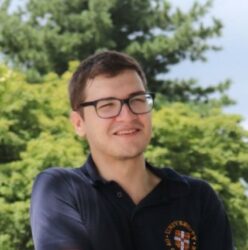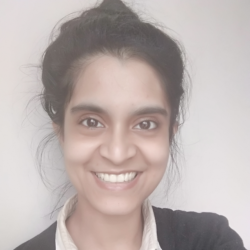TILOS Fireside Chat on Theory in the Age of Modern AI
The first TILOS Fireside Chat of Fall 2023 will be a conversation about theory in the age of modern AI led by TILOS members Nisheeth Vishnoi, Tara Javidi, Misha Belkin, and Arya Mazumdar (moderator). This will be a great opportunity to discuss implications of AI and roles of theory (especially with the recent development in […]








